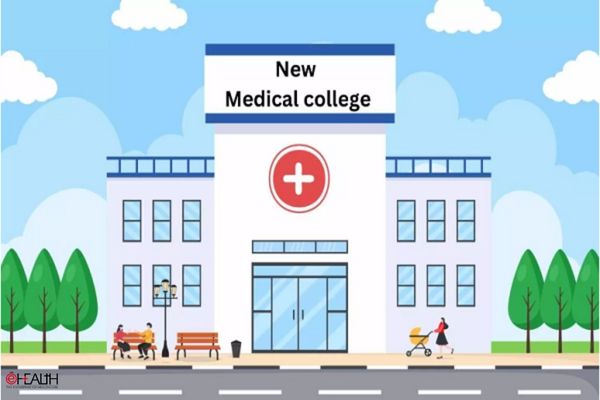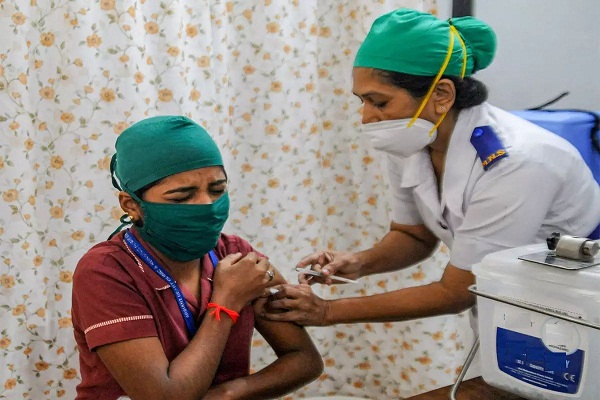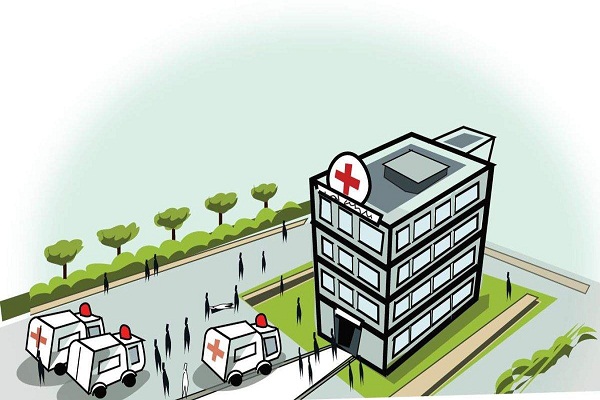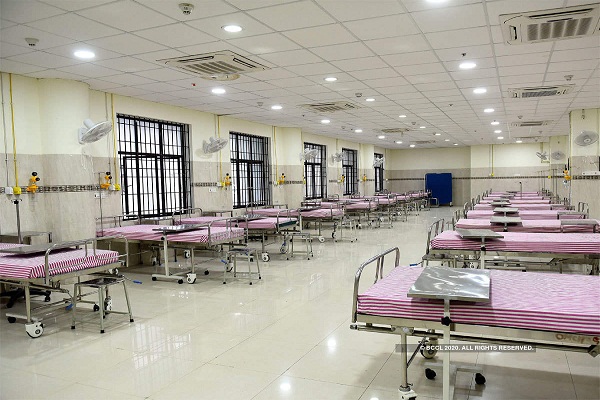

When researchers examined people for a genetic mutation that raises the chances for colon cancer, they thought that informing people of their heightened danger would help them to get the much needed screening, but they were wrong. Scientists studied 783 people older than 50 years of age, the age when screening is actually suggested for all, who were not being checked ever since the study began.
Two-thirds of them received advice about colon cancer screening, a session of genetic counseling and a blood test that could tell them whether they were at average or increased risk for colon cancer. The other third received only the advice about the advantages of screening.

The study, published in the November issue of The Annals of Internal Medicine, found that over the next six months, 35.7 percent of the usual care group were screened, compared with 33.1 percent of the tested group, a statistically insignificant difference. Even within the tested group, there was no significant difference in screening rates between those told they were at average risk and those told their risk was elevated.
We thought that this kind of genetic testing told people about their personalized risk that might also become an excellent morale booster, but knowledge of modest risk elevations may not be enough to push people to do what we all think they should do, said the lead author, Dr. David S. Weinberg, chairman of medicine at Fox Chase Cancer Center in Philadelphia.
Be a part of Elets Collaborative Initiatives. Join Us for Upcoming Events and explore business opportunities. Like us on Facebook , connect with us on LinkedIn and follow us on Twitter , Instagram.












